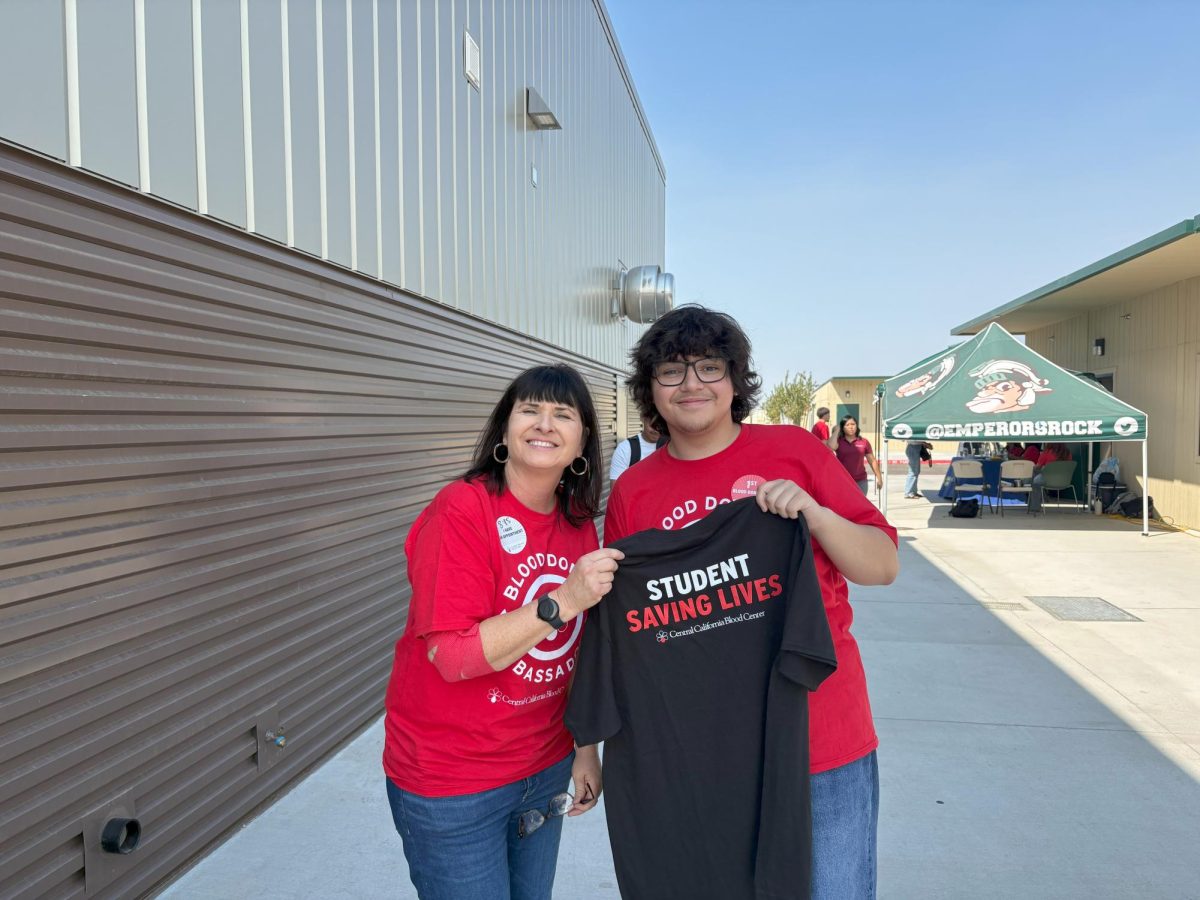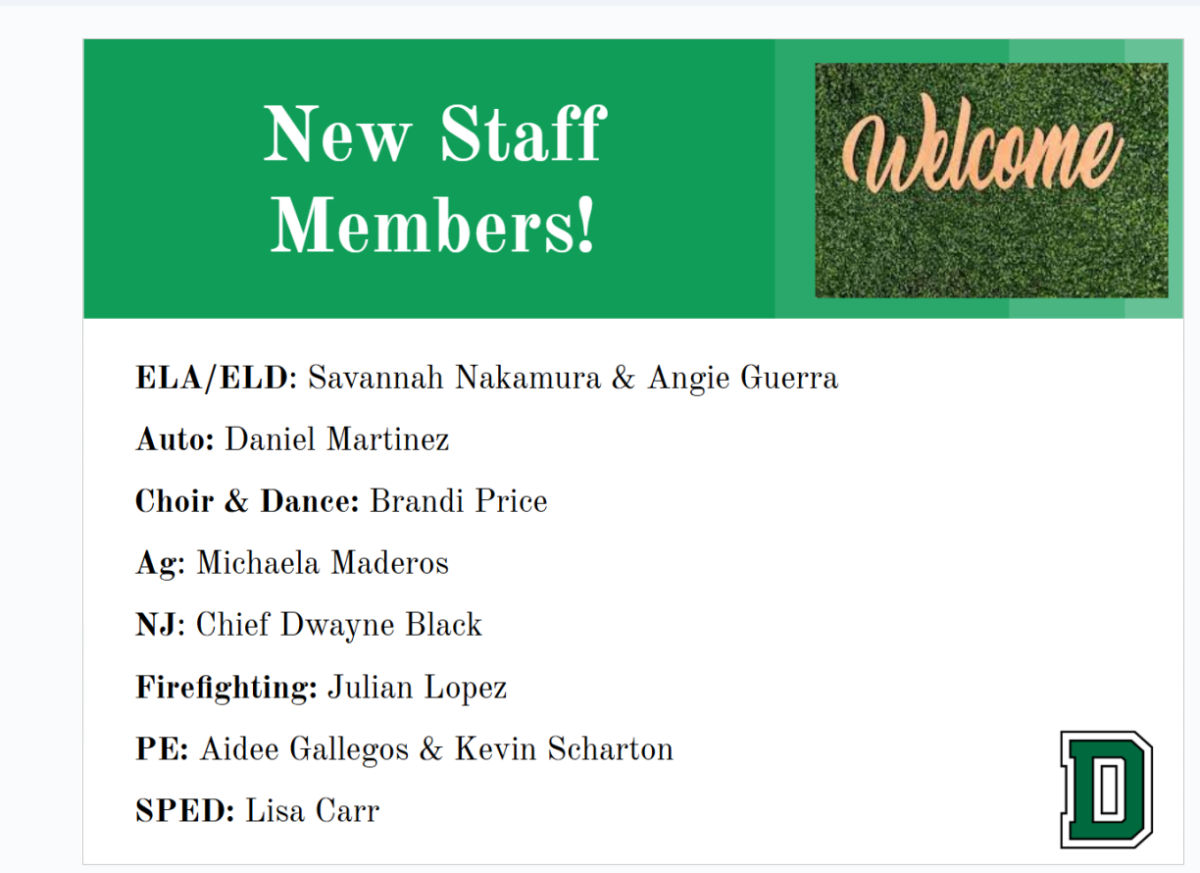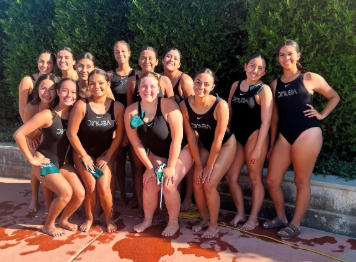Over the years, many of you have likely seen students selling junk food or other items on campus. Most of you probably wouldn’t give it a second thought. However, according to school rules, such activities are not allowed. The only time students are permitted to sell items is when they have obtained approval from a class, program, or club, and even then, the sales must be authorized by both the Associated Student Body (ASB) and/or the school board. The reasoning behind this policy is that students may not be aware of what others are selling. For instance, a student could unknowingly purchase something they’re allergic to, or it could potentially contain illegal substances. While it’s unlikely that a Dinuba High School student would engage in such behavior, the possibility remains. It’s a good argument and sound reasoning, but as much as I respect the rule imposed by DHS, I must respectfully disagree with the ban on student sales.
Beyond the selling of junk food and other food items, there is something important behind the idea of a student selling a product. When we view this act not just as a student selling junk food, but as the blossoming of a business, it becomes clear that it’s a valuable opportunity for students to learn essential skills. For example, students selling junk food may observe that certain items are more popular than others. They’ll start to understand what’s in demand and what’s not, an essential principle of supply and demand. If there is a higher demand for a bag of chips than for a piece of candy, a student would logically provide more chips rather than candy. This is a fundamental concept in business, and it’s something students can learn through real-world experience. Similarly, when a business owner notices that a product is not performing well, they adapt by offering an alternative. This teaches students to manage and adjust their sales, a skill that can be developed through running a student business. It provides an excellent opportunity for students to gain valuable skills and become more independent in the future.
Moreover, student businesses can foster social connections. To sell a product, students must engage with others, promoting their product and convincing potential buyers of its value. It’s not enough to approach the same group of people repeatedly. Success in sales relies on the ability to attract new buyers, which involves honing social skills and building relationships. Through these relationships, a business can grow by word of mouth. Students will discuss a student who is selling delicious or affordable snacks. And by maintaining a good relationship with your customers, which can be achieved by being respectful, you can grow your business and establish a reputable background.
That said, I understand the concerns surrounding student sales. It’s challenging to monitor every student and ensure that the products being sold are safe for everyone. There could be various contaminants. Therefore, I propose an alternative approach to making student business work. Students must present the school with a clear explanation of what they are doing and how they are doing it, which is essentially the basis of a Standard Operating Procedure (SOP). This way, the school can verify, for example, that the brownies a student is selling don’t contain anything potentially harmful. It’s a great way to monitor these activities while still allowing business practices to thrive.
In conclusion, while I respect the reasons behind banning student businesses on campus, I strongly believe students should be allowed this opportunity. It’s a great way for them to learn the inner workings of a company and discover what strategies are effective. It also helps build the social skills necessary to foster positive customer relationships and grow a healthy, student-led business.





























